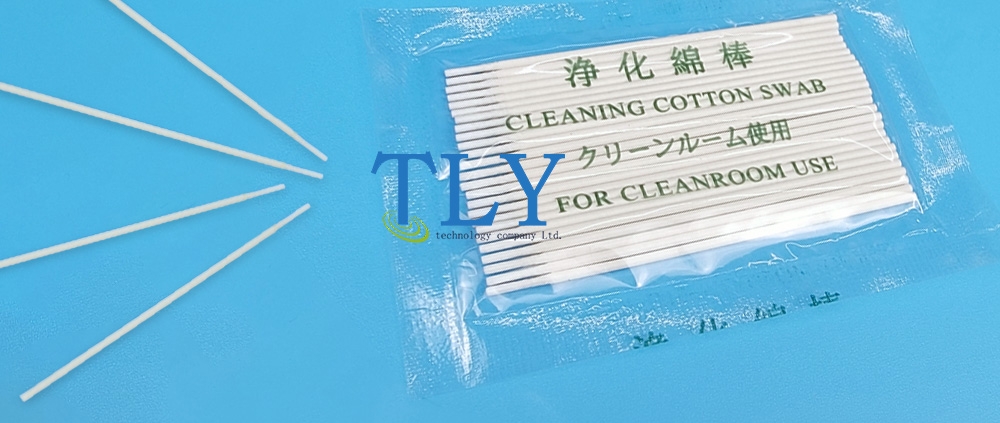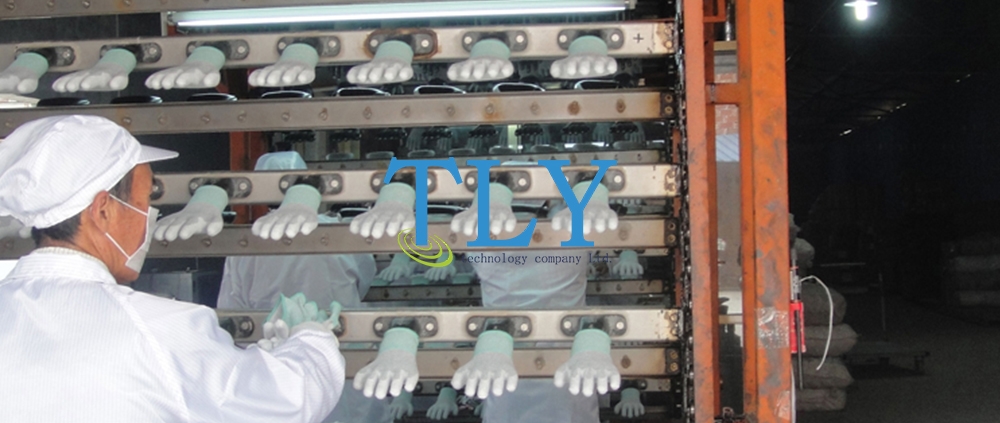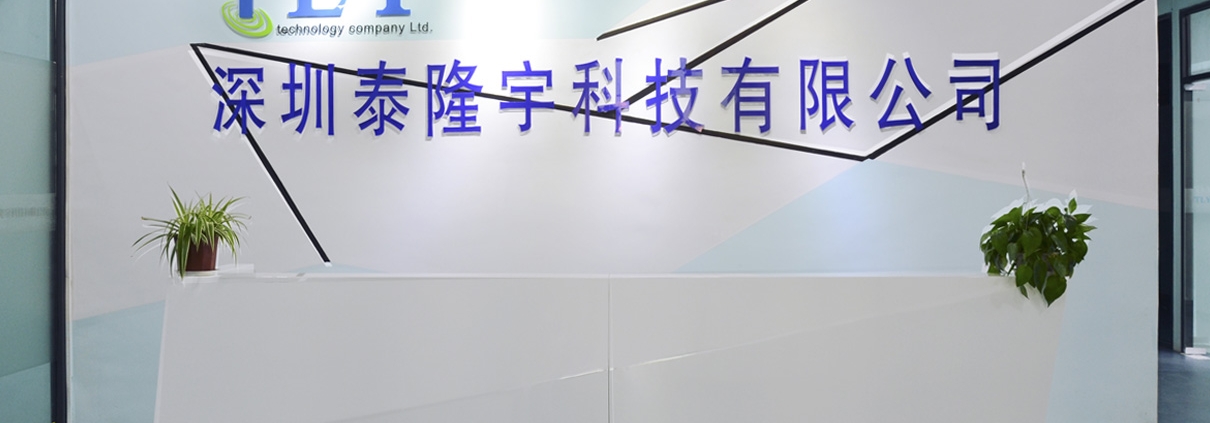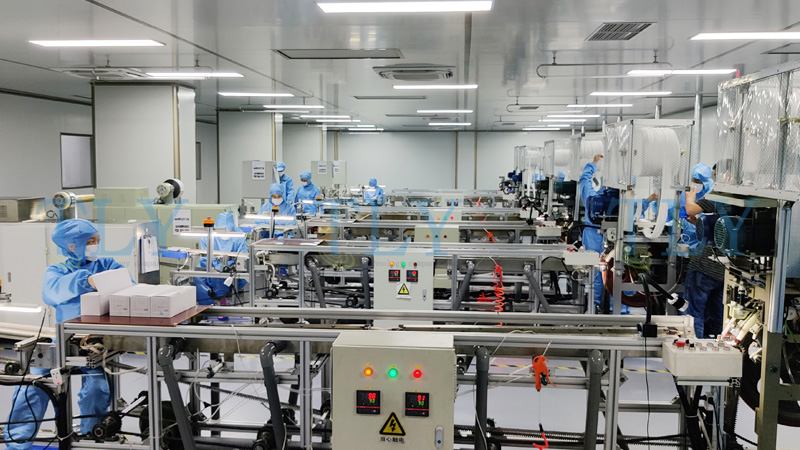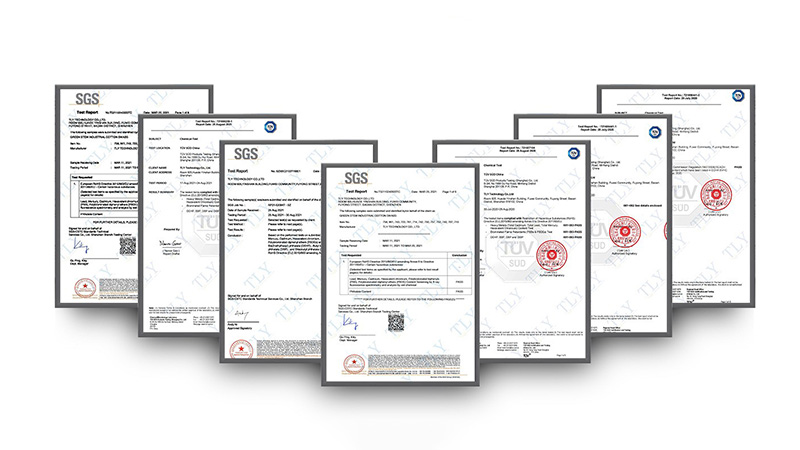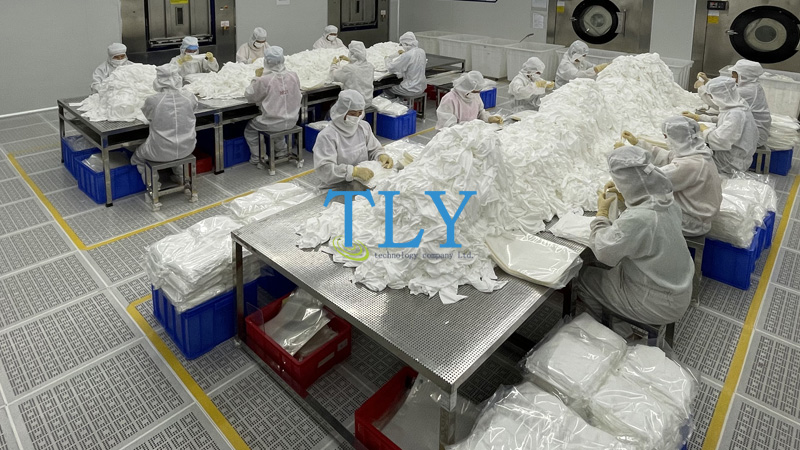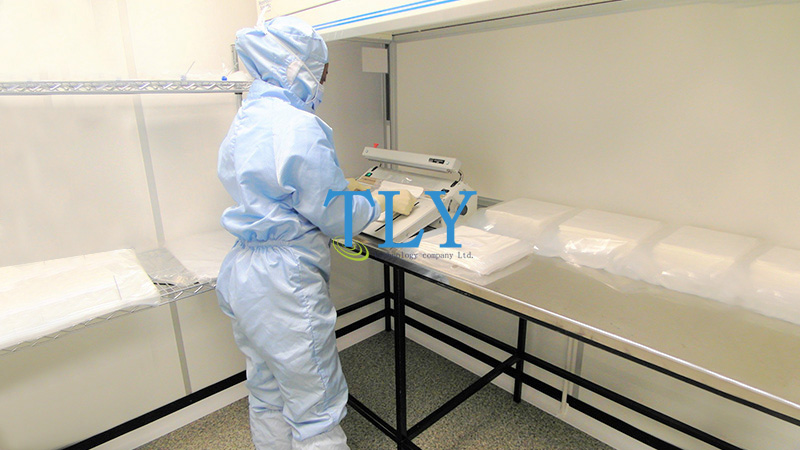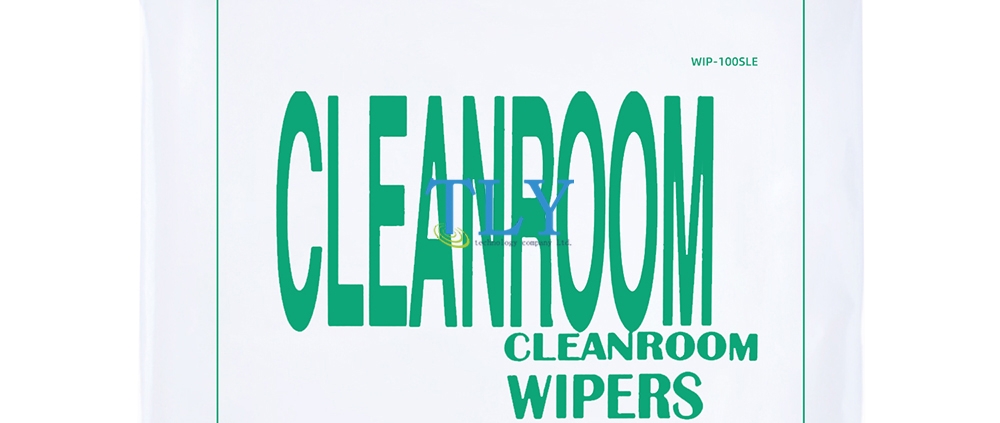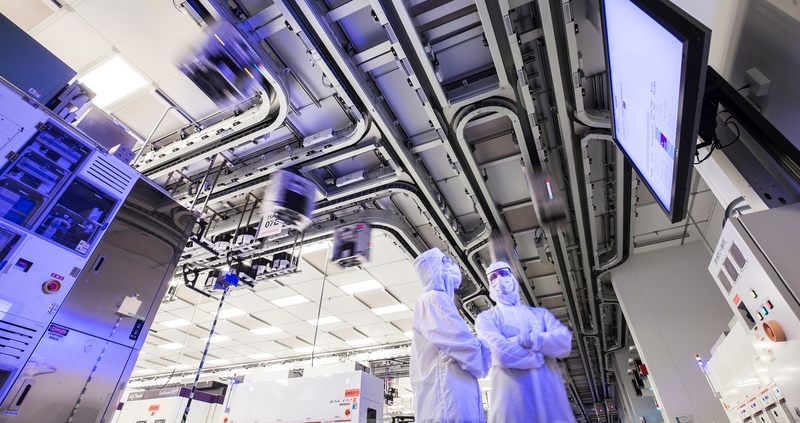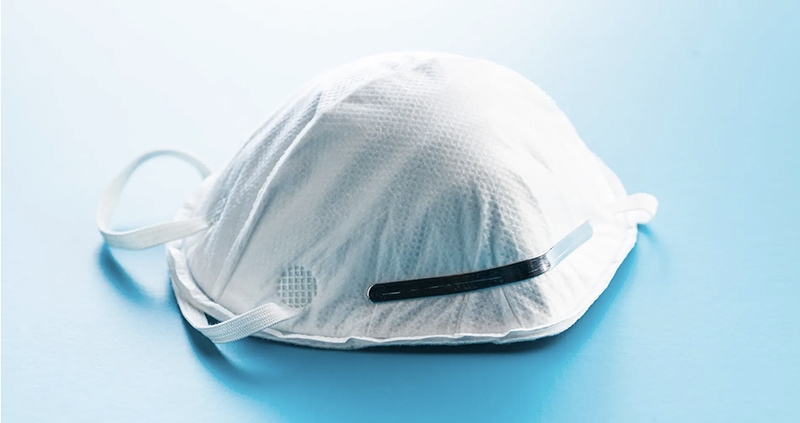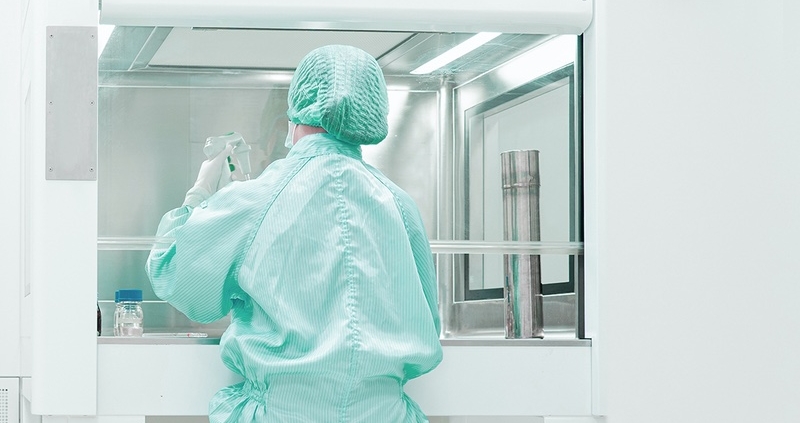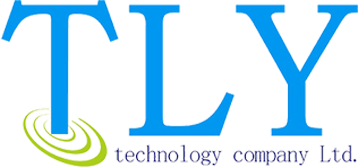Iran eyes US$1b annual trade volume with Saudi Arabia: finance minister
The Iranian minister of economic affairs and finance said Tuesday that Tehran aims to raise annual trade volume with Riyadh to US$1 billion in the first step of resuming economic ties.
Speaking at a press conference in Tehran, Ehsan Khandouzi said the target was set by the Trade Promotion Organization (TPO) of Iran and is based on the two countries’ capacities, Iran’s IRIB news agency reported.
The minister said over the past few days, the TPO has been preparing a roadmap for developing economic relations with Saudi Arabia, adding that it will be finalized soon.
Khandouzi said given that Iran and Saudi Arabia are both seriously determined to resume bilateral interaction and cooperation, the launch of the joint chamber of commerce is on the agenda, Iranian official news agency IRNA reported.
He stressed that during the past years, the two countries have held a total of seven meetings of the joint economic commission and exchanged 20 trade and cooperation documents with each other.
The Iranian minister said the two countries have had no bilateral trade in some years, but last Iranian year, amid the two countries’ efforts to ease tensions, the value of Iranian exports to the kingdom reached US$15 million.
Khandouzi also noted that he will take a trip to Saudi Arabia in the coming weeks.
China, Saudi Arabia, and Iran announced on March 10 that the latter two had reached a deal that includes the agreement to resume diplomatic relations and reopen embassies and missions within two months.
In a meeting in Beijing on Thursday, Iranian Foreign Minister Hossein Amir-Abdollahian and his Saudi counterpart Prince Faisal bin Farhan Al Saud signed a joint statement, announcing the resumption of diplomatic relations with immediate effect.
Saudi Arabia cut diplomatic ties with Iran in 2016 in response to the attacks on Saudi diplomatic missions in Iran after the kingdom executed a Shiite cleric.

